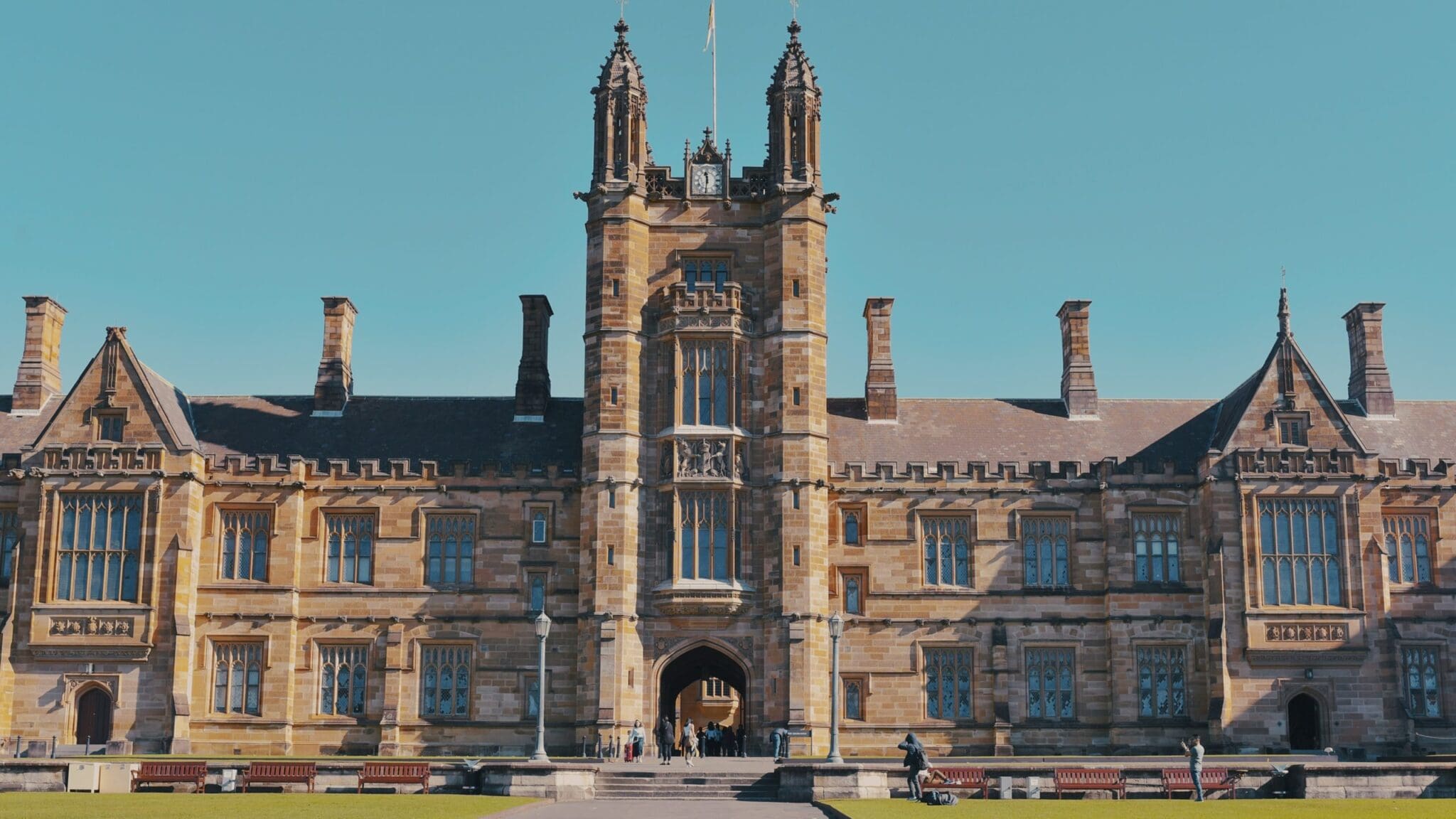Students and university bodies have fiercely criticised the Morrison Government’s proposed cuts to tertiary education, which hurt low-income students.
Last week, Education Minister Dan Tehan announced that students who fail 50% of their first eight subjects at university will be stripped of their Commonwealth-supported place. The draft legislation aims to prevent students with low completion rates from accumulating large debts with little qualification. However it will lock many low-income students out of their chosen higher education pathways.
Undergrads struggling financially are far more likely to fail university courses. According to a 2019 National Union of Students study, more than a quarter of full-time undergraduate students regularly miss classes due to work commitments. A further 41% say paid work commitments negatively impact study.
The requirement for struggling students to pay their future fees up front reinforces the adverse effects on low-income students.
“A lot of us simply would not be able to afford to go to uni without HECS,” says student Leah Bruce. “Low income students often rely on very little Centrelink a week or are not able to get Centrelink for some reason or another, so they’re working a lot of hours while still studying… They would have to pick up second and third jobs.”
The Department of Education will be able to consider factors beyond a student’s control in removing access to HECS. These factors include unforeseen medical, personal or employment-related circumstances. However, it excludes adjusting to university life as an excuse for academic failure, placing substantial strain on students from rural, regional and remote communities.
In 2017, Bruce moved from her home on the NSW South Coast to Sydney for university. “When you’re moving away you don’t have the same support networks as people who grew up near the university, or people who grew up with families that always economically supported them,” she says.
The government’s homogenisation of the university experience doesn’t correlate with the different experiences of university students. It will disproportionately impact students with disabilities, those who are first in family and Aboriginal and Torres Strait Islander people.
Student Eilish Wilkinson says, “I don’t think everyone is able to go home and do five hours of study because people do need to afford to live in places where the best universities are.”
The long, arduous and often stressful nature of appeals processes creates another issue for low-socioeconomic students. Those already struggling to balance paid employment and university coursework are unlikely to find extra time to successfully complete an appeal. Sydney University bureaucracy is often criticised by students for its inefficiency.
“These processes feel like they’re targeted to make life harder for students whose lives are already hard,” says Bruce.
The University of Sydney has criticised the Morrison Government proposal to strip funding from failing students as “overly strong”.
“We are concerned about what the introduction of such a rule might mean for our students in first year as they make the transition to university study – and especially for students who are first-in-family, Aboriginal and Torres Strait Islander and from rural, regional and remote communities who have to deal with the extra stresses of moving away from home,” says a spokesperson for the university.
Mental health support groups have also shared concerns about the impact of the policy. Student mental health is already poor. A 2017 Headspace study reported two thirds of students had dealt with high or very high psychological distress over the past 12 months.
Clinical Psychologist Aliza Werner-Seidler of the Black Dog Institute told Honi: “The first year of university is a challenging and tumultuous time. Research tells us that this period of great transition, often involving living out of home or in a different state for the first time, represents a heightened risk of mental ill health. Young people have to navigate a new environment and learning system, a new social network and changes to their living and working patterns. Adding additional financial strain could understandably contribute to any stress felt by students.”
The COVID-19 pandemic has weakened all sectors, but higher education has been hit by some of the biggest blows. Public universities fell between the cracks of JobKeeper and the proposed Job-ready Graduates program includes fee-hikes across the humanities. The new announcement creates further challenges. The policy will likely lead to unnecessary dropout rates and has the potential to discourage students from attempting more academically challenging subjects. In the wake of widespread underpayment scandals, universities will have to expand their workforce to provide greater assistance to struggling students.
The policy marks a brutal switch in the sector’s approach to failing students. Currently at the University of Sydney, if a student fails half their subjects, they are placed in the Staying on Track program before they become excluded from funding. The program attempts to identify and resolve issues impeding their academic success.
The shift towards the economic penalisation of failure creates a culture where students can only try again if they have the financial means. Clearly this compromises equality of access in the education sector.





